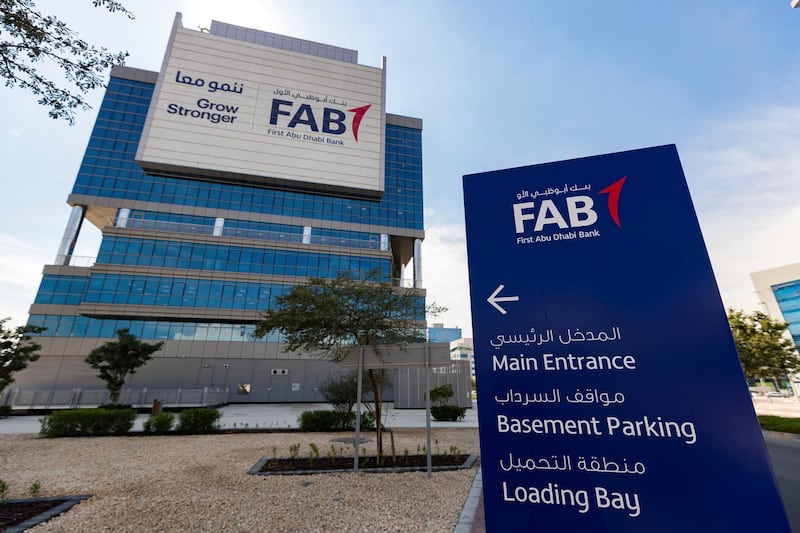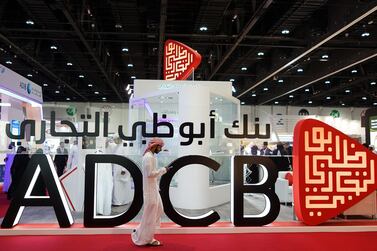Relatively stable oil price has helped lift the outlook of the Arabian Gulf banks this year, as their counterparts in other emerging markets struggle amid slowing economic growth, with some even facing rating downgrades.
“Slower GDP [gross domestic product] growth, greater trade protectionism, currency depreciation against the US dollar and political turbulence are significant risks in several emerging market (EM) banking systems in the near term, with ratings most vulnerable in Turkey and Latin America,” Fitch Ratings said in its latest report on the EM banking sector on Tuesday.
Average economic growth in the emerging markets is forecast to soften to 4.5 per cent in 2019 from 5.1-5.2 per cent in 2017 and 2018 respectively, on the back of a slowdown in China and sharp growth adjustments in Turkey and Argentina. However, the overall economic growth is expected to pick up to 4.8 per cent in 2020 in the emerging markets, on policy easing in China and less pressure on EM central banks to raise interest rates, which should help borrowers, Fitch Ratings said.
In the six-member economic bloc of the GCC, some banks have faced pressure on asset quality in the past three years as real estate sector in particular softened. However, oil price stability mitigates the risks and all GCC sovereign ratings enjoy a ‘stable’ outlook under Fitch’s rating system, which translates into stable outlooks on most GCC banks’ issuer default ratings.
Banking sector consolidation in the GCC, Fitch added, is also set to continue following several high profile banking mergers in the past year as lender seek to gain scale and boost profits amid tougher operating conditions.
In May, Abu Dhabi Commercial Bank merged with Union National Bank, and the combined entity acquired Al Hilal Bank as its Sharia-compliant lending unit, creating the third-largest financial institution in the UAE with Dh423 billion in assets.
The ADCB deal follows the 2017 tie-up of National Bank of Abu Dhabi and First Gulf Bank, which created the UAE’s biggest banking entity, First Abu Dhabi Bank. Dubai Islamic Bank, the country’s biggest Sharia-compliant lender is the latest in the country to announce plans to merge, with rival Noor Bank. It last month recommended takeover of Noor to its shareholders.
Elsewhere in the region, Saudi Arabia’s National Commercial Bank is pursuing its merger with Riyad Bank and Omani lenders Bank Dhofar and National Bank of Oman are also in merger talks.
“M&A activity continues in the GCC, where shareholder value can be enhanced as a result of increased competitive advantages, particularly where it creates or strengthens domestic leaders,” Fitch Ratings’ said.
However, integration could be challenging, especially where a merger involves both conventional and Islamic banks, it noted.







